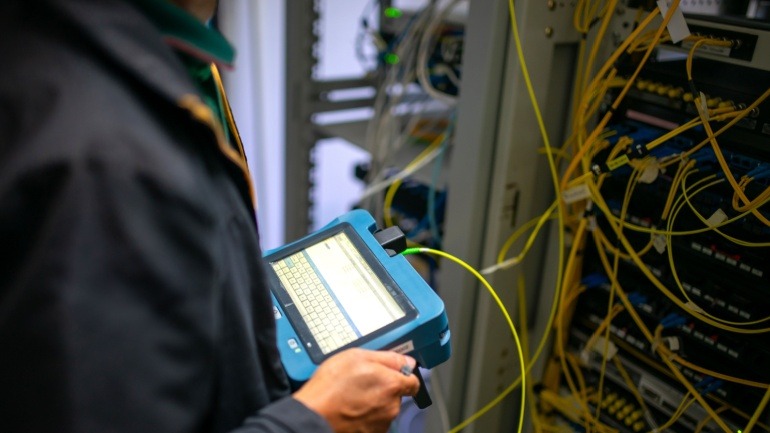The frequency of network outages has been a concern for Ofcom following the disruption caused by the recent winter storms and the continuous shut down of the Public Switched Telephone Network. As every facet of our daily lives is swiftly becoming reliant on connectivity, the regulatory authority has launched a consultation to focus on network resilience. Ofcom pivots towards industry insights on the matter of main power source failure and asks for feedback on the plan to supply backup batteries at mobile sites.
In a recent response to this proposal, Vodafone UK argues the impracticality of this advantageous scheme. To have backup batteries for all its 12,000 sites nationwide could be a daunting task considering the magnitude of the operation and the ensuing massive costs involved.
At present, the UK’s mobile mast sites have either batteries or diesel generators as redundant power supplies. However, not all sites are equipped with backup power and are strictly reliant on the local power grid. Power blackouts, thus, become directly proportional to the outages of the local network.
Against the backdrop of a maze of planning permission processes, opportunistic landlords, and the high costs of robust batteries, operators prefer not to have a secondary power source for these sites, primarily in urban areas. They rely on power outages being short-lived and localized to a small area, where nearby mobile infrastructure can compensate the service.
In her response to Ofcom’s consultation, Nicki Lyons, Vodafone UK’s Chief Corporate Affairs, and Sustainability Officer said, “The Mobile Network Operators cannot be asked to shoulder this financial burden alone. Building redundancy into every element of the network would be another significant investment, in addition to the 5G and full fibre ambitions that we share with Government.”
Suggesting a shared funding model, Lyons further commented, “The Government, the utility companies that we pay to provide secure and reliable energy services, and the cloud companies must contribute. These organisations have benefitted from the wide adoption of mobile and the nationwide network rollout but have not contributed financially in a significant manner.”
She pointed out how some countries like Australia offer government subsidies to enhance network resilience due to natural disasters. However, contrasting this, markets like Japan passed these costs onto their operators, leading to an increase in consumer prices.
Of course, these comparisons do not consider the distinct market conditions and other impacting factors of Australia, Japan and the UK into account, which perhaps oversimplify the scenario. Even so, Lyons’s point was clear: customers might bear the brunt if the government does not support any proposed battery rollout.
The stakeholders of the ‘fair share’ debate — the government, utility companies and other big tech firms profiting from network infrastructure — often face a similar question. As telecommunications networks become increasingly important, it’s high time to consider who should shell out for the required upgrades.







